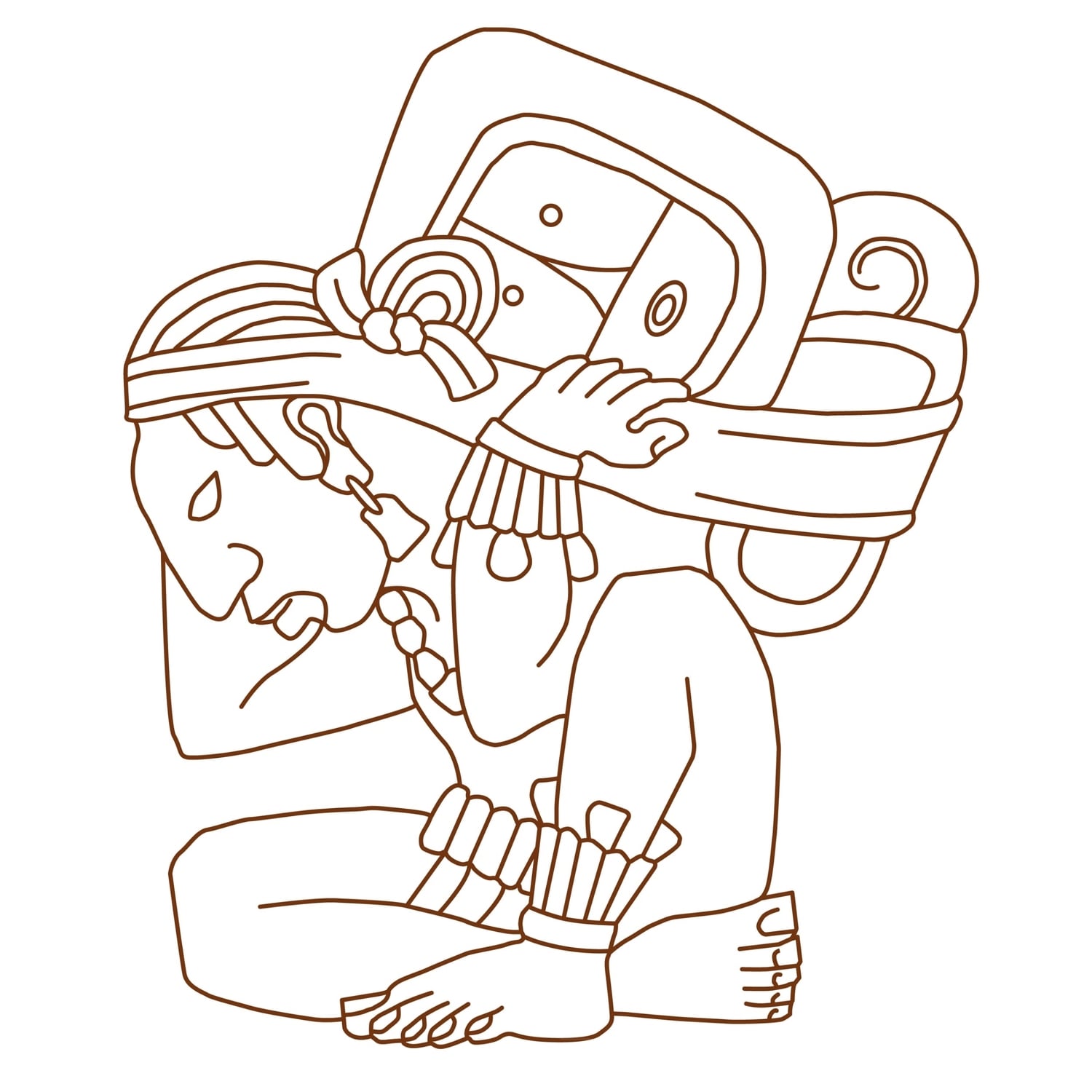Looking for God in all the Wrong Places
/Are you one of 16 million Americans looking for a spiritual experience you’ll never find where you thought it was supposed to be?
Meet Sarah. She recently became a member of a rapidly growing group known as Spiritual But Not Religious (SBNR). If it were a religion (it’s not, but if it were) it would be the fastest growing one in the United States!
Like most of the others in this group who worshiped at a church or synagogue in their youth, she is quite familiar with the core tenents of her faith. Sarah believes in a higher reality, a transcendent sacred force, something greater than herself. As she got older, her spiritual growth became increasingly important and she began looking for a deeper spiritual experience.
Sarah and her friends grew up hearing others refer to their churches or synagogues as the “House of God.” So as a young adult she naturally assumed church is where she’d find the authentic experience of the sacred and transcendent nature of reality she was seeking.
But she never had. And the harder she tried the more frustrated she became. Disappointed and confused that she wasn’t finding what she was looking for in the place she’d been taught it was supposed to be, she started looking elsewhere.
Sarah soon found she shared many characteristics with her other SBNR sisters and brothers:
She’s serious about her spiritual development and wishes to pursue it wherever it leads her
She’s looking for alternative spiritual disciplines to truly nourish her desire for spiritual growth
Recently, Sarah saw a newspaper headline that stunned her:
“More people have mystical experiences outside of
church or synagogue while attendance declines.”
OMG thought Sarah. REALLY?
Sarah read that a Pew Research Center Report, “Nones on the Rise,” found that the number of Americans who do not identify with any religion (i.e. those stating “None” when asked about their religious affiliation) is growing at an increasingly rapid rate. Over 40 million are in this category and of those, 16 million are Spiritual But Not Religious.
She read with interest that another Pew report titled “Many Americans Mix Multiple Faiths” found that:
“Nearly half of the public says they have had a religious or mystical experience, defined as a ‘moment of sudden religious insight or awakening'.”
This number is “more than twice as high as a 1962 Gallup survey.”
“Religious and mystical experiences are more common today among those who are unaffiliated with any particular religion.”
“Wow,” thought Sarah, “…more common today among those who are unaffiliated with any particular religion.”
But then Sarah got confused. “How can that be?” she thought to herself. “This doesn’t make any sense. Why aren’t people having mystical experiences at their church or synagogue?”
She decided to ask her friend Patricia, who, like Sarah was SBNR and had been for some time. She was raised Jewish and had recently begun studying the ancient Jewish mystical tradition known as Kabbalah. “Maybe,” Sarah thought, “Patricia’s found something that will be helpful to me.”
Sarah’s conversation with Patricia was a revelation.
Patricia shared her insights with Sarah and together they listened to an “On Being” podcast interview with Lawrence Kushner titled “Kabbalah and the Inner Life of God.” During the interview, Rabbi Kushner made an observation that astonished her:
“Whatever religion you’re talking about, in whatever scale, the minute mysticism becomes permissible, acceptable, possible, it’s an immediate threat to organized religious structures. Because what mysticism does is it gives everybody direct, unmediated, personal access to God and then they say to whoever is running the local religious community, I don’t need you, I have God directly.”
“That’s it, of course,” thought Sarah. “No wonder -- the church didn’t want to lose me, but many in the church also didn’t want me to find what I was looking for. I’d been brought up to look for God in wrong place!” This betrayal was shocking.
“But,” she told herself, “the saving grace in this is that now I know where not to look and I can search for a path that will take me where I really want to go.
* * * * * * * * * * * * * * *
Please join me for future blog posts on pathways to, and contact with, the Divine based on the ancient wisdom teachings of the Maya Indians and other indigenous cultures.



